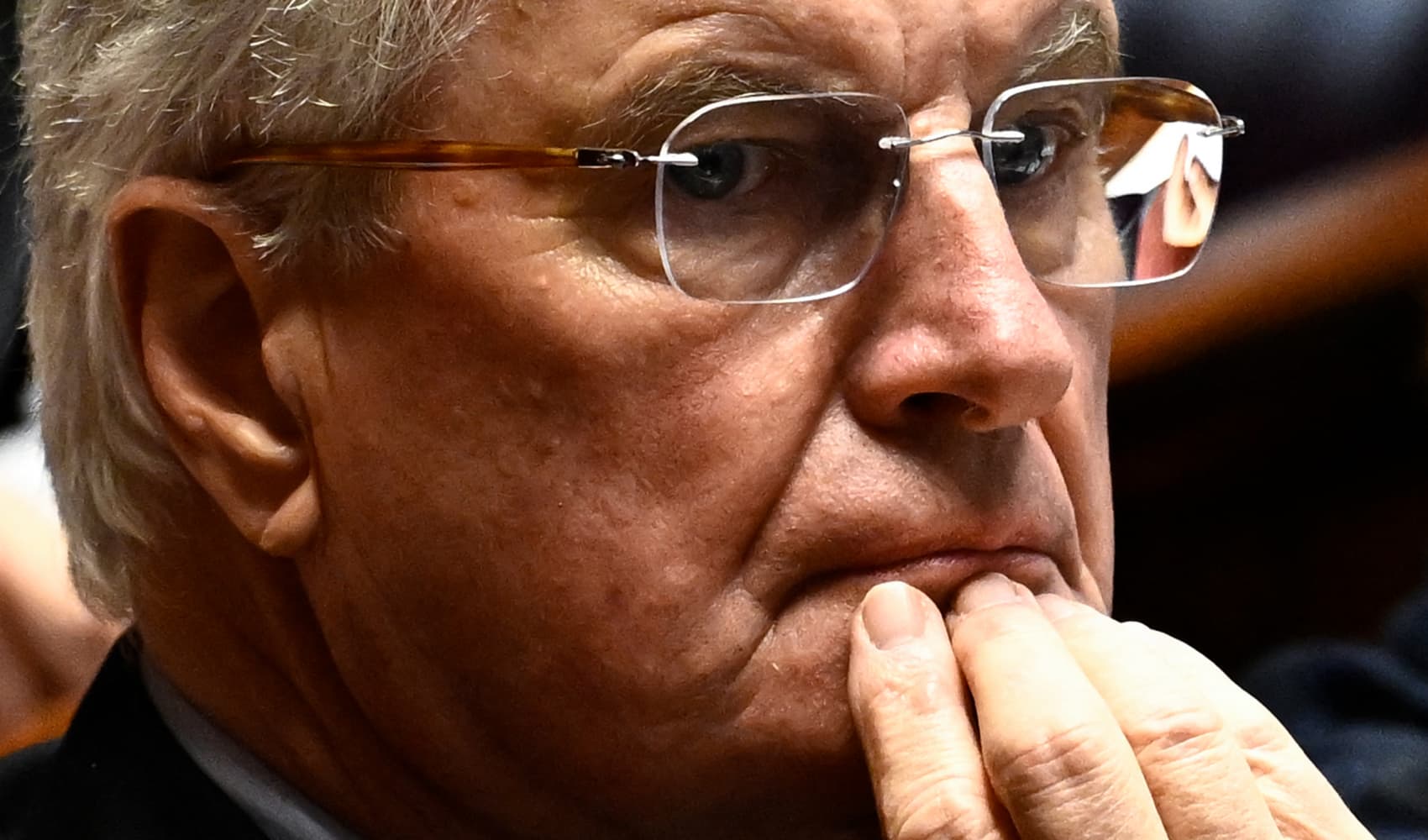
- Apple spent a lot of time talking at its iPhone 15 launch event about the features of its products that use artificial intelligence, even if it didn't mention AI by name.
- For the Apple Watch Series 9 and Apple Watch Ultra 2, Apple unveiled the S9 chip. The iPhone 15 Pro and Pro Max meanwhile are powered by the A17 Pro chip.
- The S9 allows requests to Apple's voice assistant Siri to be processed on-device. This is an AI process that typically would happen in the cloud.
Apple spent a lot of time talking at its iPhone 15 launch event about the features of its products that use artificial intelligence, even if it didn't mention AI by name.
The Cupertino-based tech giant touted what was under the hood of its iPhone 15 range as well as its Apple Watch Series 9, in particular the chip that powers the devices.
Apple designs its own semiconductors for both. For the Apple Watch Series 9 and Apple Watch Ultra 2, Apple unveiled the S9 chip. The iPhone 15 Pro and Pro Max meanwhile are powered by the A17 Pro chip.
While it spoke about these chips, Apple focused on what kind of features they powered.
For example, the S9 allows requests to Apple's voice assistant Siri to be processed on-device. This is an AI process that typically would happen in the cloud and only when your watch is connected to the internet. But as chips become more powerful, these AI processes are able to happen on the device itself.
This typically allows processes to be faster and more secure as your data isn't being transmitted over the internet.
Money Report
But instead of Apple talking about AI, it focused on the usefulness of Siri on the device.
On the Apple Watch Ultra 2, there is a feature called "double tap" which lets you control features on the device by tapping your index finger and thumb together. Again, this requires AI processing.
Get a weekly recap of the latest San Francisco Bay Area housing news. Sign up for NBC Bay Area’s Housing Deconstructed newsletter.
"Apple doesn't like mentioning AI on conference calls or product events, which has led to speculation that the company is falling behind when it comes to capitalizing on the new paradigm," Gene Munster, managing partner at Deepwater Asset Management, said in a note on Tuesday.
"The reality is Apple is aggressively pursuing AI."
Apple's A17 Pro chip in the iPhone 15 Pro and Pro Max is a 3 nanometer semiconductor. The nanometer figure refers to the size of each individual transistor on a chip. The smaller the transistor, the more of them can be packed onto a single semiconductor. Typically, a reduction in nanometer size can yield more powerful and efficient chips.
The iPhone 15 Pro and Pro Max are the only smartphones on the market with a 3nm chip.
Apple said this can help to power features such as more accurate predictive typing and the camera technology, again a process that requires AI.
"As more applications that leverage AI emerge, phones will be tasked with powering them, a dynamic that will make phones with legacy chips feel sluggish," Munster said. "Chips are important when it comes to AI, and Apple is leading the way in building the hardware to enable those features."






